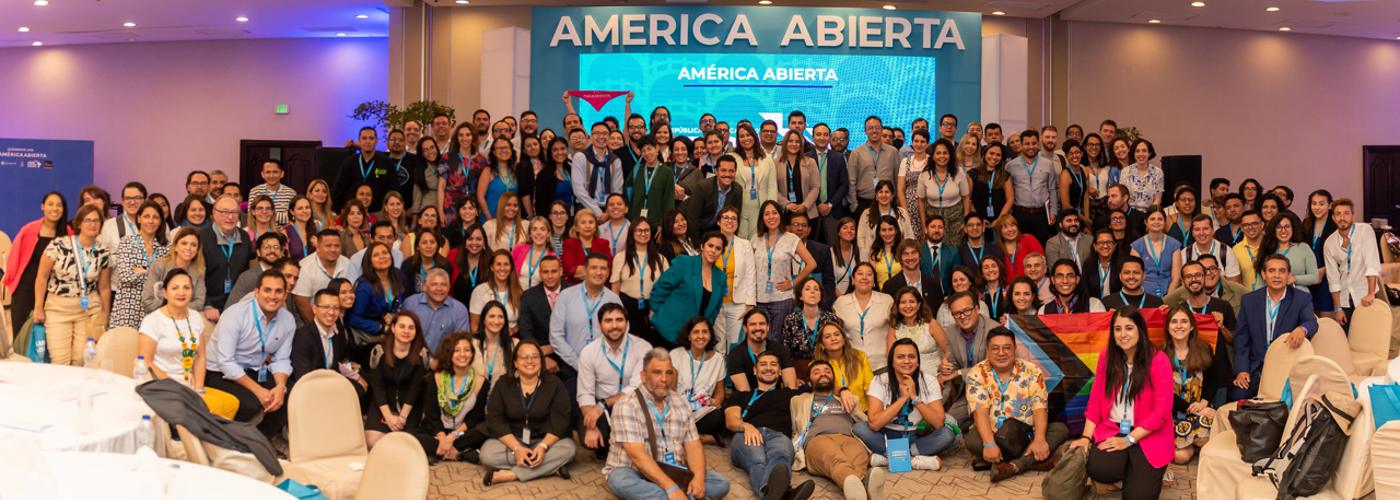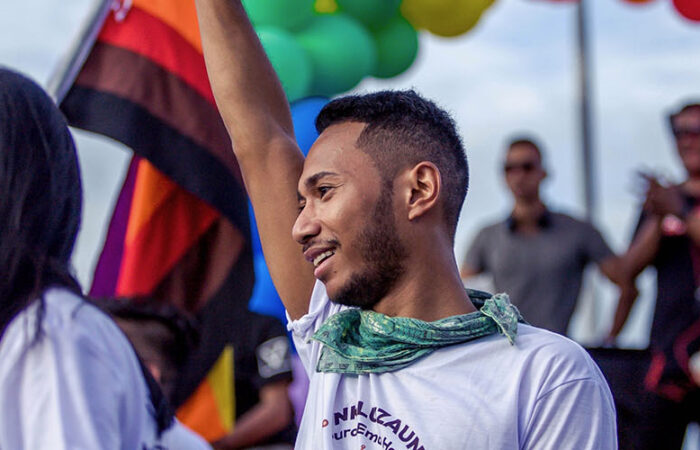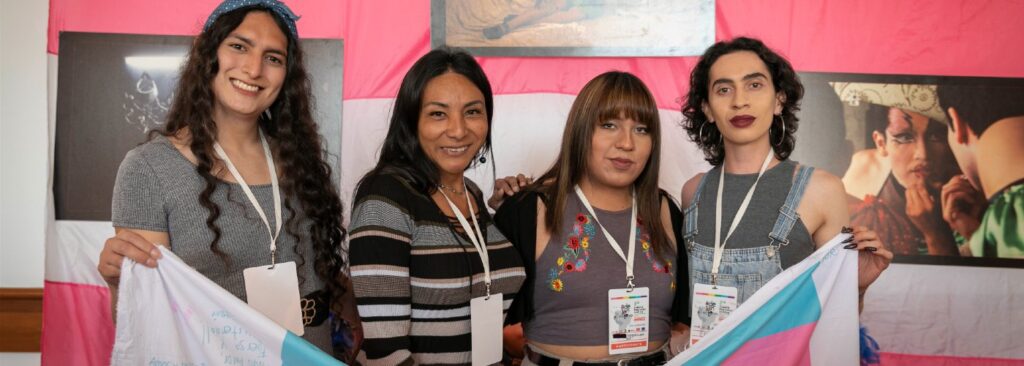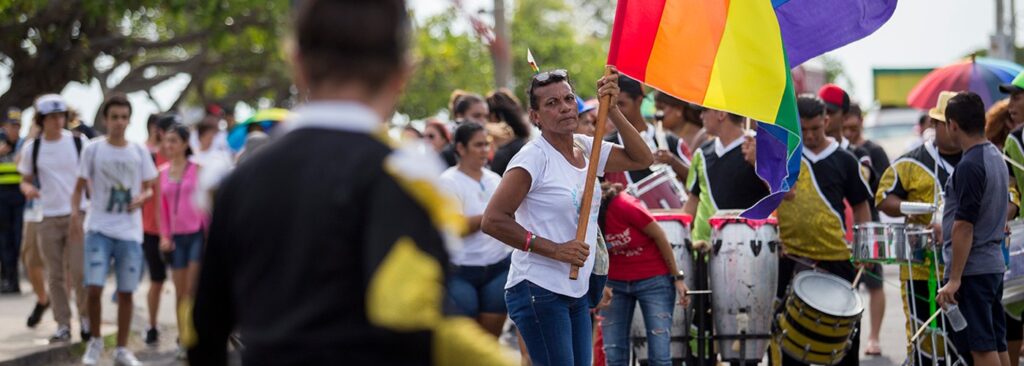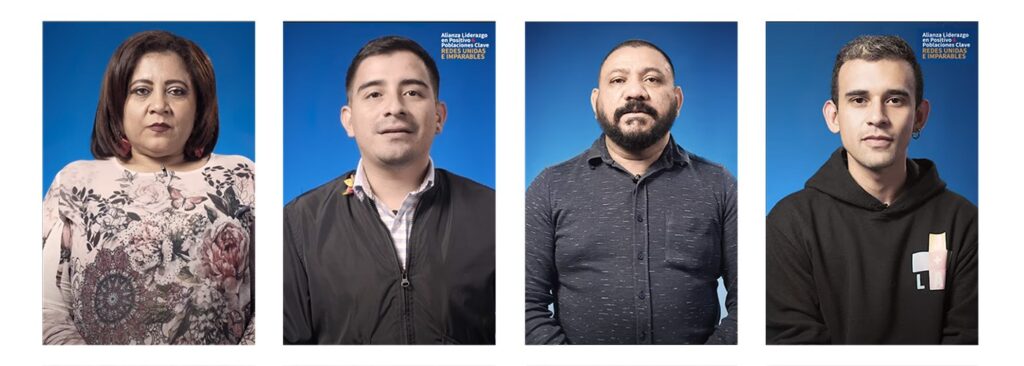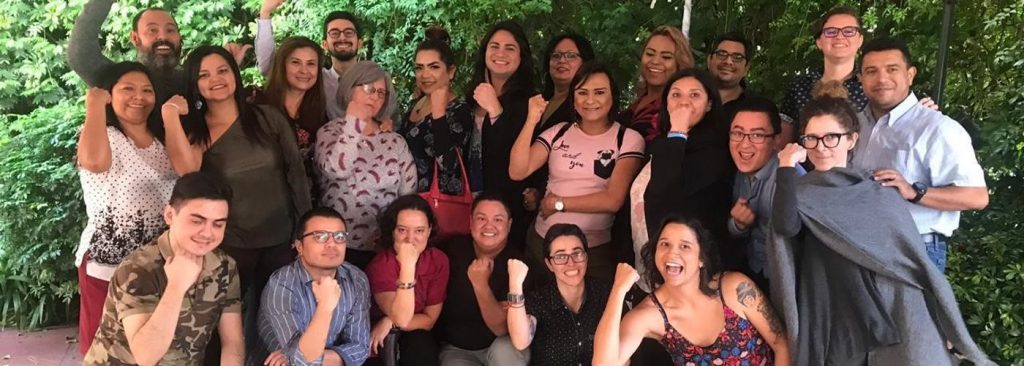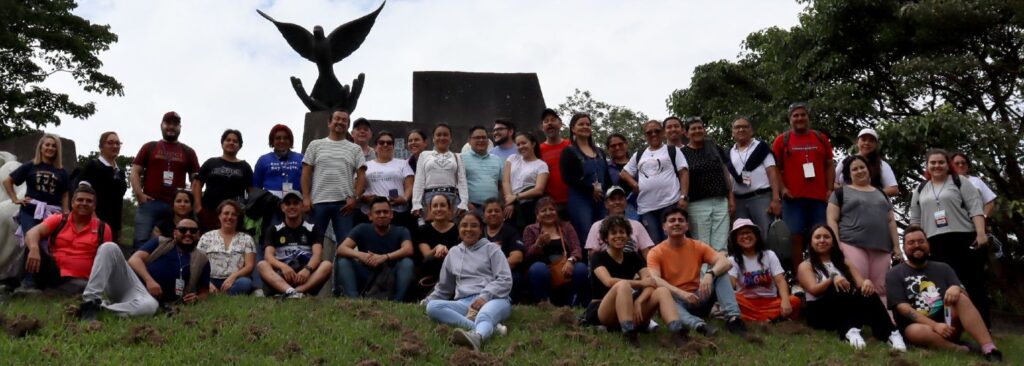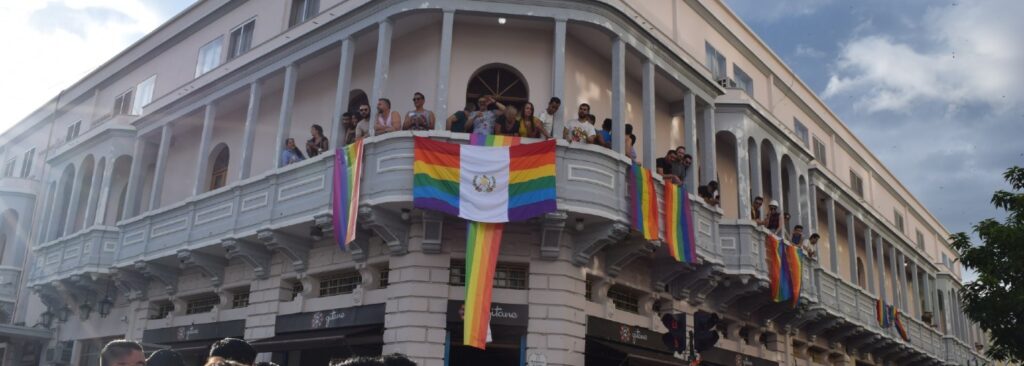How we empower LGBTIQ+ communities with data
To tackle discrimination and combat inequality with justice, you need hard evidence. Especially when people deny that violence specifically targeting LGBTIQ+ people exists. So in Central America, where this type of violence is especially prevalent, we use data in different ways to protect LGBTIQ+ communities.
Mapping violence
In Guatemala, our Guate Diversa e Inclusive program works with GAX, a local organization that collects and analyzes open data to systematically map violence against various population groups in the country. Its director Leonardo Ortega says, “If there’s no data, there’s no problem. With this data we show that violence against us really exists.”
Guatemala is an extremely homophobic country. Transgender people are not recognized and legally fall between the cracks. “Our evidence shows a huge backlog in the handling of violence cases against the LGBTIQ+ community. The cases are closed, dismissed or remain under investigation for a very long time,” says Leo. This exposed the inefficiency of the Public Prosecution Service in prosecuting violence against the LGBTIQ+ community. As a result, a rare public debate ensued about legal frameworks and protocols in Guatemala.
If there is no data, the problem does not exist. This data shows that violence against us exists.
Leonardo wants to bring about structural change that will improve the lives of LGBTIQ+ people. “In collecting information, gender and sexual identity should not be ignored.”
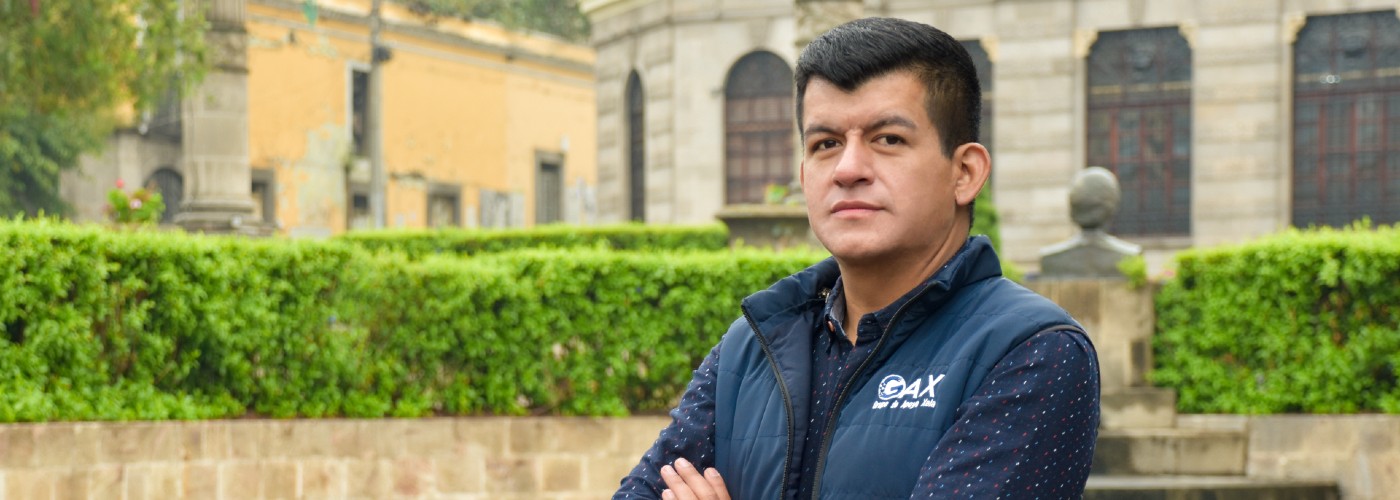
Better access to justice
In other countries in Central America, where there is also little tolerance for sexual and gender diversity, it is likewise vital to get the facts on the table. The community is frequently confronted with discrimination, exclusion, violence and even murder. For example, between 2017 and 2021, Honduras recorded a shocking number of 105 murders of LGBTIQ+ people.
That’s why generating data became an important part of our Libre de Ser (Free to Be Me) program, which, among other things:
- organized workshops on case law, legislation and the use of data
- created the open data portal CUCR in Honduras,
- supported the LGBTIQ+ Open Data Center of our partner Visibles in Guatemala
All these initiatives contribute to improving access to justice for LGBTIQ+ people. The data provides hard evidence of human rights violations that activists and organizations can use to investigate and prosecute violence against LGBTIQ+ people.
-
Gender Equality, Diversity and Inclusion
How we support rightsholders in their efforts to claim the power, agency, and leadership necessary to drive change.
Progress in the fight against HIV
The use of data is also essential in the fight against HIV. The knowledge and treatments available today should be slowing down the HIV epidemic. But new HIV infections are actually increasing dramatically. In 45 countries, more people become infected with HIV every year. Even in Asia and Latin America, where HIV was previously reasonably under control.
The rising number of infections is partly due to increasing inequality and discrimination. That is why Hivos approaches HIV as a human rights issue. In Latin America we do that with the ALEP project. In this program we work in 11 countries with more than 75 local organizations to improve the living conditions of people with HIV and people who are at high risk of contracting HIV (so-called key populations).
That’s why we started Observadatos.org, a unique platform that maps out the HIV response and its funding in the region. Using this data, activists and their organizations can hold governments accountable for their policies. The data provides unique insight into the number of infections and of people who are actually receiving treatment. The platform also contributes to combating stigma and discrimination by sharing information about access to HIV services.
A long road ahead
The road ahead remains long and complex. The struggle must continue, especially in this turbulent region where fundamentalist ideas are on the rise and an increasing number of repressive laws are the order of the day. With the support of our donors and the programs we run in Latin America, we contribute to the admirable work of LGBTIQ+ activists. Together we show that violence and discrimination actually exist, so we can put pressure on governments and policymakers to protect the position of their LGBTIQ+ communities.

